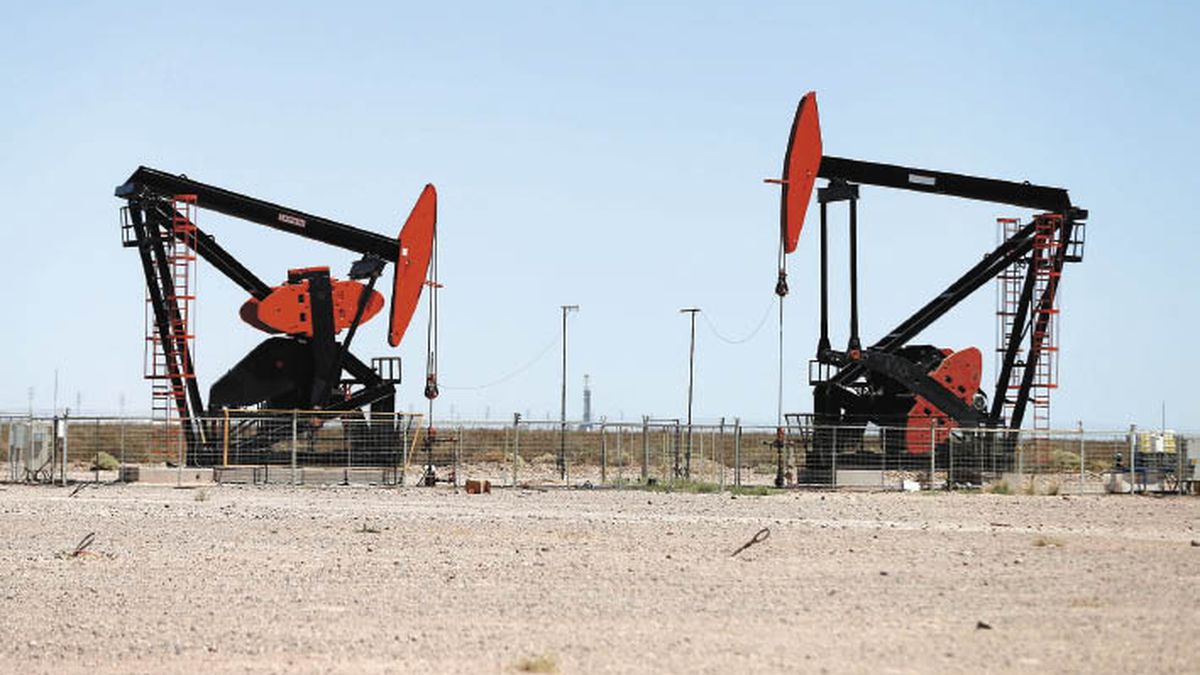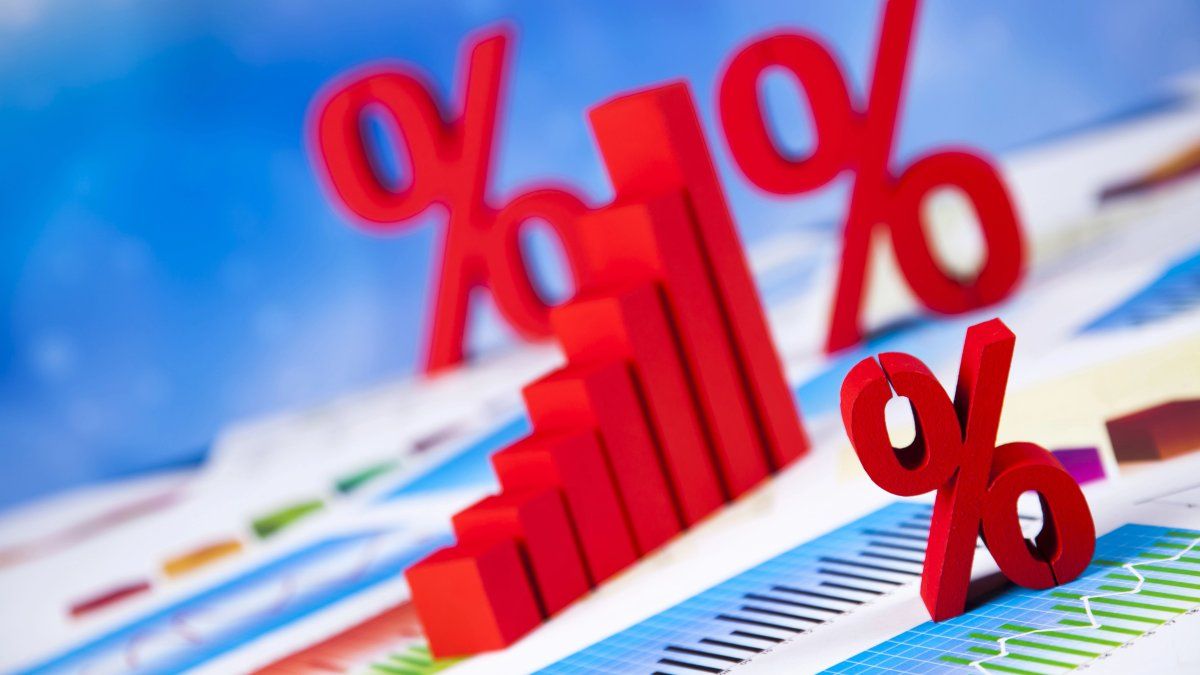Oil prices rose sharply on the news, and Brent exceeded US$90 a barrel for the first time since November, despite the steady increase in crude oil exports Iranian and Venezuelan, since the market believes that USA is not applying the sanctions as rigorously as in previous years.
In this scenario, oil prices climbed 2% this Tuesday, after Saudi Arabia and Russia announced a new extension of their voluntary supply cuts, extending the combined reduction of 1.3 million barrels per day (bpd) for another three months until December.
Brent crude futures for November rose 1.84% to $90.67. While the West Texas Intermediate (WTI) crude futures of the United States to October gain 2.17% to u$s87.42.
“The Saudis anticipated this outcome last month with their longest and most in-depth decision, but today’s move managed to catch many market participants by surprise. Once again it shows that Prince Abdulaziz remains firmly in the mode of doing what he necessary,” said RBC Capital Markets analyst Helima Croft, referring to the Saudi Minister of EnergyPrince Abdulaziz bin Salman.
The decision is a new setback for US President Joe Bidenwho is facing re-election in 14 months at a time when tight supply is driving up prices.
A blow to the United States
USA has argued that the world needs lower prices to support the economic growth and prevent the Russian president, Vladimir Putin, get more income for finance the war in Ukraine.
Last year, Biden botched a visit to Saudi Arabia, the de facto leader of the Organization of the Petroleum Exporting Countries (OPEC)Pushing for a production increase, the US and Russia-led allies, collectively known as OPEC+, instead announced production cuts in October and further surprise cuts in April.
USA and the Western allies have urged the OPEC+ to increase production to ensure lower energy costs and help the world economy. The producers of the organism argue that they act to maintain the market stability and that they are preventative.
The members of the OPEC+ consider that the abundant issue of currency by Western central banks over the last decade has eroded the value of its main export, which accounts for a large part of its revenue.
Saudi Arabia’s decisions
The voluntary cuts of Saudi Arabia and Russia are added to the one agreed in April for several OPEC+ producerswhich runs until the end of 2024.
Saudi Arabia will extend its voluntary cut in oil production from 1 million barrels per day (bpd) for another three months, until the end of December 2023, state news agency SPA reported on Tuesday, citing an Energy Ministry official.
Russia extended its voluntary decision to reduce their oil exports 300,000 bpd by the end of this year, Deputy Prime Minister Alexander Novak said in a statement on Tuesday.
Both countries will review cut decisions on a monthly basis to consider whether to deepen cuts or increase production based on market conditions, SPA and Novak said.
Russia joining Saudi Arabia in extending voluntary cuts allows the Kremlin to raise more amid its war in Ukraine and despite attempts by the European Union to limit Moscow’s revenue with a price cap of Russian oil. Most of Russian oil is trading above the maximum price.
Source: Ambito
I am a 24-year-old writer and journalist who has been working in the news industry for the past two years. I write primarily about market news, so if you’re looking for insights into what’s going on in the stock market or economic indicators, you’ve come to the right place. I also dabble in writing articles on lifestyle trends and pop culture news.




